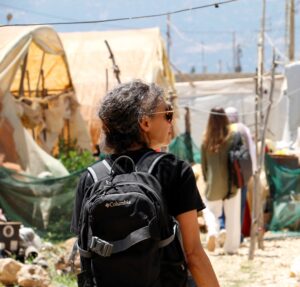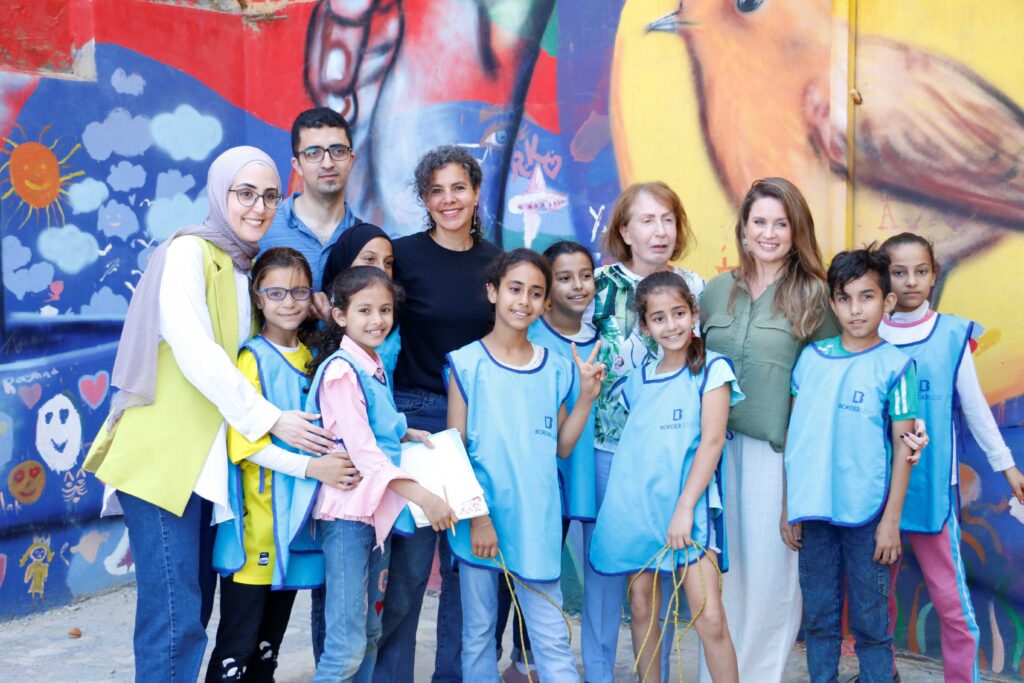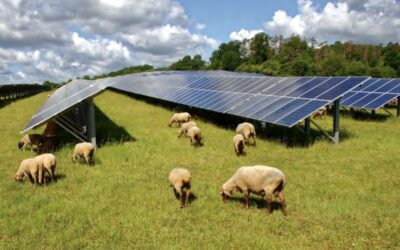This post was originally published on Good Search
#cmsmasters_row_67336ab78f7557_58876534 .cmsmasters_row_outer_parent {
padding-top: 20px;
}
#cmsmasters_row_67336ab78f7557_58876534 .cmsmasters_row_outer_parent {
padding-bottom: 10px;
}
#cmsmasters_row_67336ab78f8560_66664580 .cmsmasters_row_outer_parent {
padding-top: 10px;
}
#cmsmasters_row_67336ab78f8560_66664580 .cmsmasters_row_outer_parent {
padding-bottom: 0px;
}
#cmsmasters_row_67336ab78f8e59_52168790 .cmsmasters_row_outer_parent {
padding-top: 40px;
}
#cmsmasters_row_67336ab78f8e59_52168790 .cmsmasters_row_outer_parent {
padding-bottom: 20px;
}
#cmsmasters_row_67336ab78f9c71_86141989 .cmsmasters_row_outer_parent {
padding-top: 30px;
}
#cmsmasters_row_67336ab78f9c71_86141989 .cmsmasters_row_outer_parent {
padding-bottom: 0px;
}
#cmsmasters_row_67336ab78fa8f4_35147884 .cmsmasters_row_outer_parent {
padding-top: 30px;
}
#cmsmasters_row_67336ab78fa8f4_35147884 .cmsmasters_row_outer_parent {
padding-bottom: 10px;
}
#cmsmasters_row_67336ab78fb8f4_77845111 .cmsmasters_row_outer_parent {
padding-top: 30px;
}
#cmsmasters_row_67336ab78fb8f4_77845111 .cmsmasters_row_outer_parent {
padding-bottom: 10px;
}
#cmsmasters_fb_67336ab78fc056_86056358 {
padding-top:30px;
padding-bottom:30px;
-webkit-border-radius:20;
border-radius:20;
}
#cmsmasters_fb_67336ab78fc056_86056358 .featured_block_inner {
width: 80%;
padding: ;
text-align: left;
margin:0 auto;
}
#cmsmasters_fb_67336ab78fc056_86056358 .featured_block_text {
text-align: left;
}
#cmsmasters_row_67336ab78fcb67_26313453 .cmsmasters_row_outer_parent {
padding-top: 30px;
}
#cmsmasters_row_67336ab78fcb67_26313453 .cmsmasters_row_outer_parent {
padding-bottom: 10px;
}
#cmsmasters_button_67336ab78fdac1_04713649 {
text-align:center;
}
#cmsmasters_button_67336ab78fdac1_04713649 .cmsmasters_button:before {
margin-right:.5em;
margin-left:0;
vertical-align:baseline;
}
#cmsmasters_button_67336ab78fdac1_04713649 .cmsmasters_button {
font-weight:normal;
font-style:normal;
border-style:solid;
}
#cmsmasters_button_67336ab78fdac1_04713649 .cmsmasters_button:hover {
}
©Rudayna Abo / Thaki
Rudayna Abdo redirected her career to establish an educational system for vulnerable and refugee children in Lebanon who cannot attend school—a challenge that has become increasingly difficult today.
Thaki was founded by Rudayna Abdo, an urban planner from Lebanon with degrees from MIT and McGill University. Her parents were displaced from Palestine in 1948, and she herself fled Lebanon at eight. When the Syrian refugee crisis began in 2011, Abdo decided to take action to support children and youth who as refugees had no educational opportunities in the region. Through extensive research and visits to Lebanon, she created a model for repurposing donated laptops with offline educational software. Today, Thaki provides thousands of refurbished devices to educational partners in Lebanon and Jordan, while training teachers to enhance digital literacy among children in these communities.
What problem do you solve with Thaki? Why exactly does it need your solution?
Thaki provides refugee children with repurposed laptops with educational content, addressing the lack of quality education and digital resources for these communities in the Middle East. This scalable solution bridges the digital literacy gap, supports long-term skill development, and tackles educational gender disparities in refugee communities.
What did you do before you started the current project/company?
I had a long urban planning career, practicing both in North America and the Middle East.
What or who motivated you to become a social entrepreneur?
I was moved by the injustice that children have to pay for war and forced displacement and how that steals their futures from them. I am the daughter of Palestinian refugees and these injustices are very close to me.
Which of your achievements have been particularly memorable for you?
About 5 years ago I went to one of our partner schools and quietly observed children working on laptops in the computer lab that we had established. Seeing the children working with enthusiasm, excitement and genuine interest in learning brought me to tears. This was not just the result of my achievements but of the Thaki team and all who had rallied behind our cause in many ways.
Were there any especially challenging moments? What have you learned from these?
There were many challenging moments! They include concerns over getting laptop donations, funding, meeting deadlines (mostly self imposed). My most striking lesson is that problems are always darkest at night and seem easier to tackle in the morning – so I shouldn’t allow myself to get too riled up at night!

© Rudayna Abdo, Thaki
„The world needs more compassionate peacebuilders who can look past their egos”
— Rudayna Abdo, Founder Thaki
Where do you want to take your journey in the future and what are your next big goals?
I want to take my learning from the last 9 years of building Thaki and apply it to the insurmountable/impossible challenge of trying to bring justice to the shattered lives of the children of Gaza and try to somehow give them hope and give them their cruelly stolen futures back. And now with the latest violence inflicted on the people of Lebanon, our work there is going to be needed more than ever.
What do you wish you had known before you started your project/company? What advice would you give to others?
The entrepreneurial journey can get lonely at times and while there is no “off” button, make sure you set parameters to allow yourself to step away when you need to. Also critically, make sure you take care of your mental health and consider investing in occasional coaching with someone with good chemistry.
What podcast do you listen to regularly? Which book is an absolute must-read for you personally?
My current top show is Makdisi Street. I just finished reading James Clear’s Atomic Habits which I will return to, but my favorite writer lately is John O’Donohue – he brings me so much peace.
What are your tips for doing good in everyday life? Where do you yourself find it difficult to live sustainably?
If your gut tells you no but your mind says yes, listen to your gut. Carefully weigh what your gut and heart tell you, but above all listen to your soul. My biggest challenge in living sustainably is my desire and need for travel. My family and work are scattered all over the globe, so I end up taking many plane trips. I make up for it in other ways but I don’t feel great about spewing travel carbon.
Which organisation or start-up impresses you and is in your opinion a true role model?
I love the concept behind Visualizing Palestine – how they initially crowdsourced talent and data for their visualizations, and then built a sustained model of bringing complex, important, and credible information to the public in a beautiful and accessible way.
Complete this sentence: The world needs more …
Compassionate peacebuilders who can look past their egos.
Every month, we interview interesting entrepreneurs and focus on their personal stories. The interviews are intended to inspire, motivate and encourage people to put their own ideas into practice.
Do you know any social entrepreneurs with an inspiring story that we should interview? Then write to us!
Andrea Rebensburg, GOOD Impact Portfolio: andrea@good-search.org
Find out more about Thaki on our project page:
The post “I am moved by the injustice that children have to pay for war and forced displacement” – Interview with Rudayna Abdo appeared first on GOOD – The search engine for a better world.





0 Comments